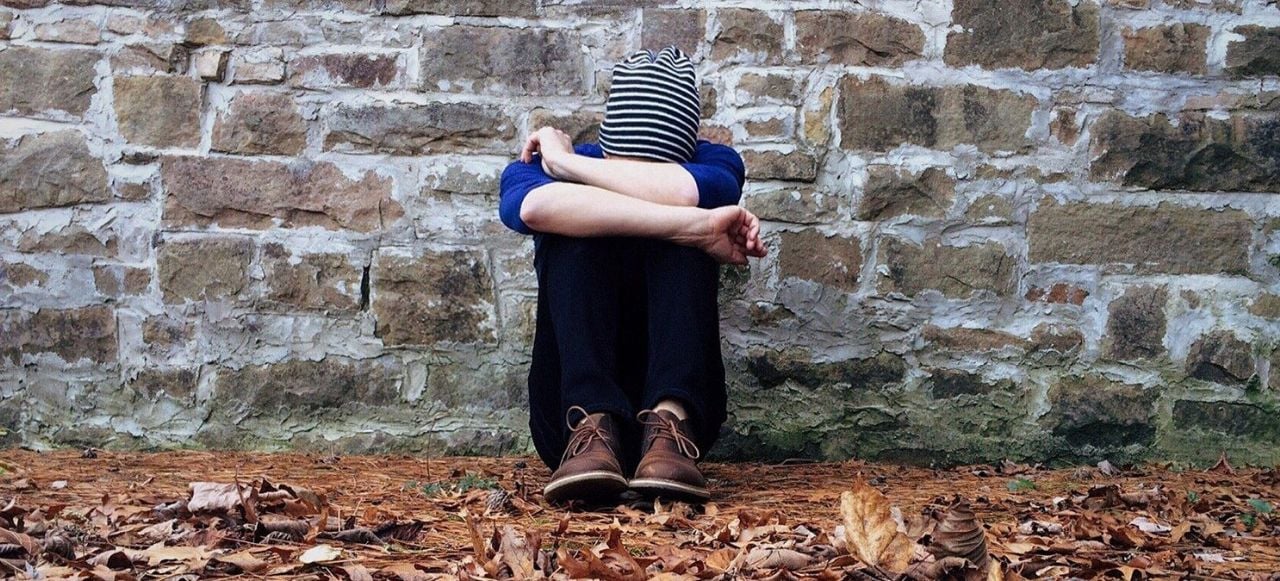Who Cares for Those Who Care for Others?
This question has been showing up everywhere on social media lately. Pope Francis had already spoken openly about how important mental health is. He had helped break down some of the stigma that surrounds mental illness. He even shared that he had experienced mental health struggles himself, like anxiety, and that he had sought professional help. And he has kept asking all of us to be more understanding and more compassionate and to create a culture where people are cared for and not left behind when they’re struggling.
Mental health is not just important. It’s essential. For everyone. And in our Oblate formation, we want to take it seriously. We try to support the emotional, psychological, and social well-being of the men who are preparing to be missionaries.
When someone enters formation, it’s not just about studies or prayer schedules. That first stage is where real foundations are built. And to build something solid, we need to look at the whole person. If those early needs are ignored, we risk setting people up to break down later under the weight of ministry. And let’s be clear. Mental health doesn’t stop being important after formation. Every Oblate needs support, whether he has been in the mission for decades or is still serving today. Struggling with mental health isn’t a failure of faith or a lack of willpower. And no, it doesn’t just go away with more prayer or positive thinking.
Pope Leo XIV recently said something powerful to a group of priests: “So many times, when you need help, seek a good companion, a spiritual director, a good confessor. No one is alone here. And even if you are working in the most remote mission, you are never alone.” That matters. Even our strongest individuals remain human.
We usually picture missionaries as solid rocks for others to lean on. But those same missionaries have hearts that can get tired. Emotions that can become heavy. And wounds that don’t always show. The truth is, people don’t talk much about the mental health of consecrated men and women. Often, the topic arises only after a tragic event has occurred.
Superiors have a special role in caring for their brothers. “Our Superiors are a sign of the Lord’s loving and guiding presence in our midst. They call us to live up to our Oblate vocation and provide us with the support we need.” (C81).
Pope Francis had called on the Christian community to show genuine concern for its priests and consecrated persons. You see, as the Pope explained, many times it is enough to simply listen to them in silence. To care enough to ask how our Oblate missionaries are doing is already a positive beginning. If you’re wondering where to start, that’s it. Just start there.
By Jorge Albergati, OMI – General Councillor for Latin America


